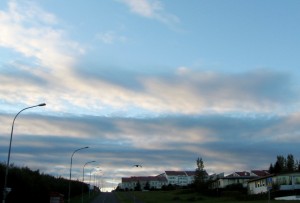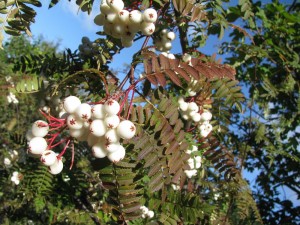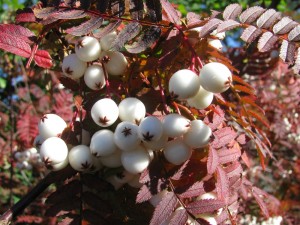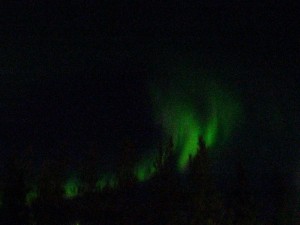 My, what an interesting week it has been for Iceland. After the storm we’ve had earthquakes, the colour of leaves has changed almost overnight and the first aurora of the year was seen over Reykjavík on the 19. September. Topping it off today’s haustjafndægur (= equinox) which means that Ásatrúarfélagið (= Asatru Association) will be having a haustblót* (= an autumn ritual/feast/sacrifice) tonight to celebrate it. Let’s now take a quick look at the topics of the week!
My, what an interesting week it has been for Iceland. After the storm we’ve had earthquakes, the colour of leaves has changed almost overnight and the first aurora of the year was seen over Reykjavík on the 19. September. Topping it off today’s haustjafndægur (= equinox) which means that Ásatrúarfélagið (= Asatru Association) will be having a haustblót* (= an autumn ritual/feast/sacrifice) tonight to celebrate it. Let’s now take a quick look at the topics of the week!
The strongest of the earthquakes happened on the bottom of the sea and were only felt in the north side of Iceland. What they did do though was to cause a massive landslide at mountain Móafellshyrna where the situation is still somewhat dangerous and people are being asked to stay out of the area. The landslide is roughly 300m wide and a kilometre long and has dislodged rocks “as large as houses in some areas”, as Jón Frímann puts it in his blog.
Autumn arrives very quickly in Iceland. Suddenly the summer is over and the night mists arrive. Next the days grow bright and cold with occasional gray, rainy spots and then the leaves change colour, which always seems to happen somehow unusually fast. To compare this here are two photos of the same tree taken some days apart:


Naturally this means that Reykjavík is extremely colourful right now. Better enjoy it while it lasts – in a couple of weeks the leaves will be gone and the long, dark and often rainy cold season arrives.

Aurora**, while not unusual phenomena up here, doesn’t often happen this early in the year with as much volume as it did just a few days ago. The whole sky was fluttering with colours, mostly green but there were red edges to the northern lights at the peak of the show. Last year we saw the first aurora in August but those were rather faint blueish-greenish patches that winked out quickly, nothing like these curtains of colourful light that spread across the sky for a good long while.
Reykjavík, as I may have mentioned before, is built very low with few tall buildings. The amount of light it creates does not rival the aurora like usually happens in large cities and therefore they can be seen and admired even in the city centre. I hear this year may be a very good one for northern light viewing and the season is almost upon us, hopefully I’ll get more and better photos of the “light show” next time!
*The word blót technically means sacrifice but has taken on more meanings in modern times such as “celebration” and “feast”. The widely celebrated Þorrablót is a good example of this.
**Aurora borealis is called norðurljós in Icelandic, and logically aurora australis is called suðurljós.









Comments:
leonhard:
What is that tree called?
hulda:
@leonhard My best guess is that it’s an ornamental rowan, a reynir/reyniviður in Icelandic. I’m not 100% certain but considering both the look of the leaves and the berries, rowan’s the one that comes to mind first.